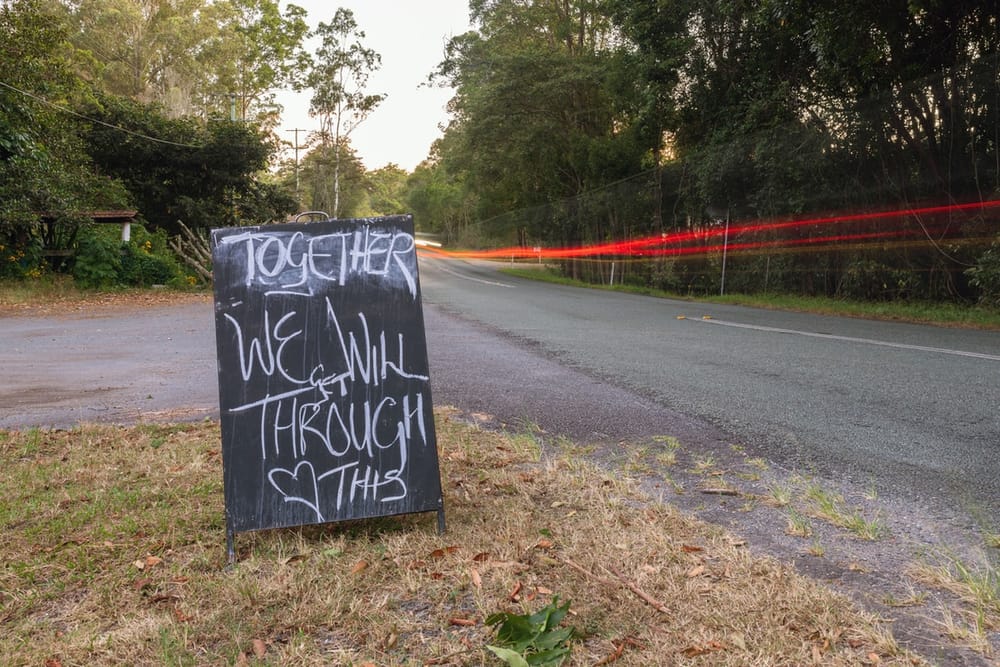Core expertise
Race relations in Australia
Australian Jewish community
Social cohesion in Australia
Biography
Andrew is the Pratt Foundation Research Professor of Jewish Civilisation and a Fellow of the Academy of the Social Sciences in Australia. He has published extensively in the field of Australian race relations and immigration history.
Andrew is tracking changes in Australian attitudes towards immigrants and asylum seekers through a series of national surveys. His research is part of the Scanlon Foundation's Mapping Social Cohesion project. The results show "nuanced" views, rather than a one-dimensional response to immigration. They are also providing the basis for evidence-based discussion of an issue that has emerged as a major political issue.









